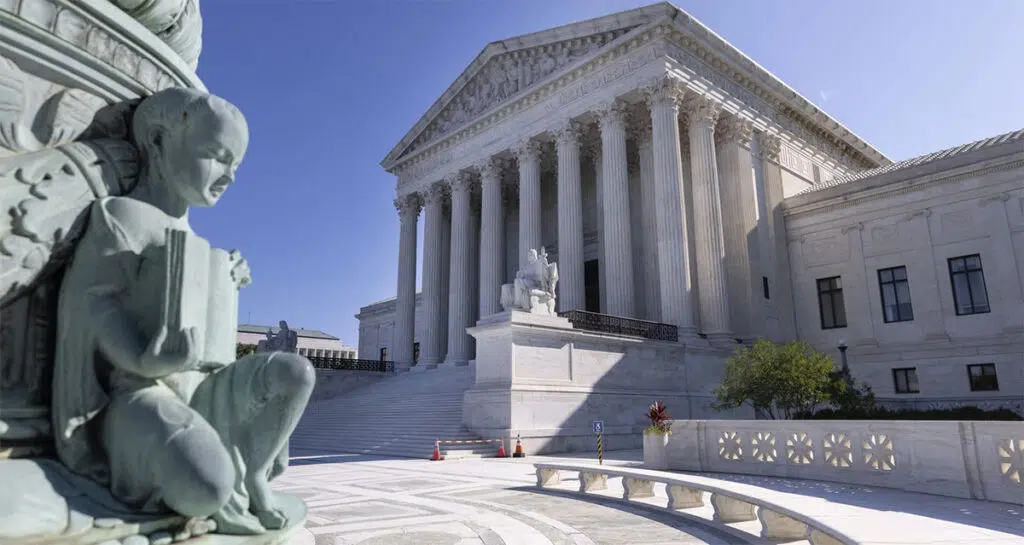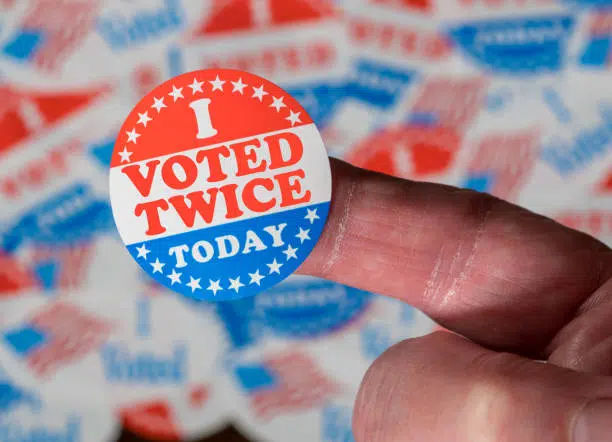
Supreme Court case could result in more challenges of federal regulations
The U.S. Supreme Court heard oral arguments Tuesday in a case that could have major implications for American businesses.
The case in question, Corner Post, Inc. v. Board of Governors of the Federal Reserve System, centers around a legal challenge to a law that prevents businesses from filing legal challenges to regulations after they have been on the books for six years.
The Supreme Court is expected to rule on the case before the end of June.
If the high court overturns the statute of limitations in the The Administrative Procedure Act, it could open a flood of legal challenges to an array of regulations.
The National Federation of Independent Businesses has been outspoken on the case, pointing out that small businesses don’t have the same resources to fund legal teams to take on the federal government. On top of that, a small business could be in a position where they cannot challenge a rule that was created before their business even existed.
As The Center Square previously reported, statute of limitations issue is part of a legal challenge about fees for debit and credit cards, which disproportionately hurt businesses that use small-dollar transactions, such as convenience stores.
During the oral arguments Tuesday, Corner Post’s legal team pointed to the hundreds of thousands of dollars the business has had to pay in debit card fees.
“Corner Post opened for business in 2018. Since then, it has paid several hundred thousand dollars in debit card fees that it thinks are unlawful,” Bryan Weir, one of Corner Post’s lawyers who argued before the court, said during his opening statement. “But the governments thinks that Corner Post’s clock to challenge those fees actually started in 2011, seven years before Corner Post pumped a single gallon of gas.”
Weir argued the six-year clock to challenge a rule should not start when the rule is enacted, but when the first legal injury occurs, in this case when the first debit card fee was paid.
The case allows the Supreme Court to confirm the current understanding of the law or to open a flood of new legal challenges by changing when the clock starts. On top of that, the court could find that rule altogether is unconstitutional.
Overregulation has been a concern for the business community for decades, and this case has gathered groups like NFIB and others for the opportunity to potentially roll back countless rules.
NFIB sent a letter to the House Committee on Small Business and the House Committee on the Judiciary leadership earlier this month asking the committee to stop the growing regulations.
“Small businesses continue to be disproportionately impacted by federal regulations. Now is the time for Congress to address the loopholes that enable federal agencies to underreport, minimize, or ignore the impact of regulations on small businesses,” NFIB Director of Government Relations Josh McLeod said in a statement. “On behalf of small businesses across the country, NFIB urges Congress to prioritize legislation that reinforces the intent of the Regulatory Flexibility Act and encourages an environment where Main Street businesses can grow and thrive.”



